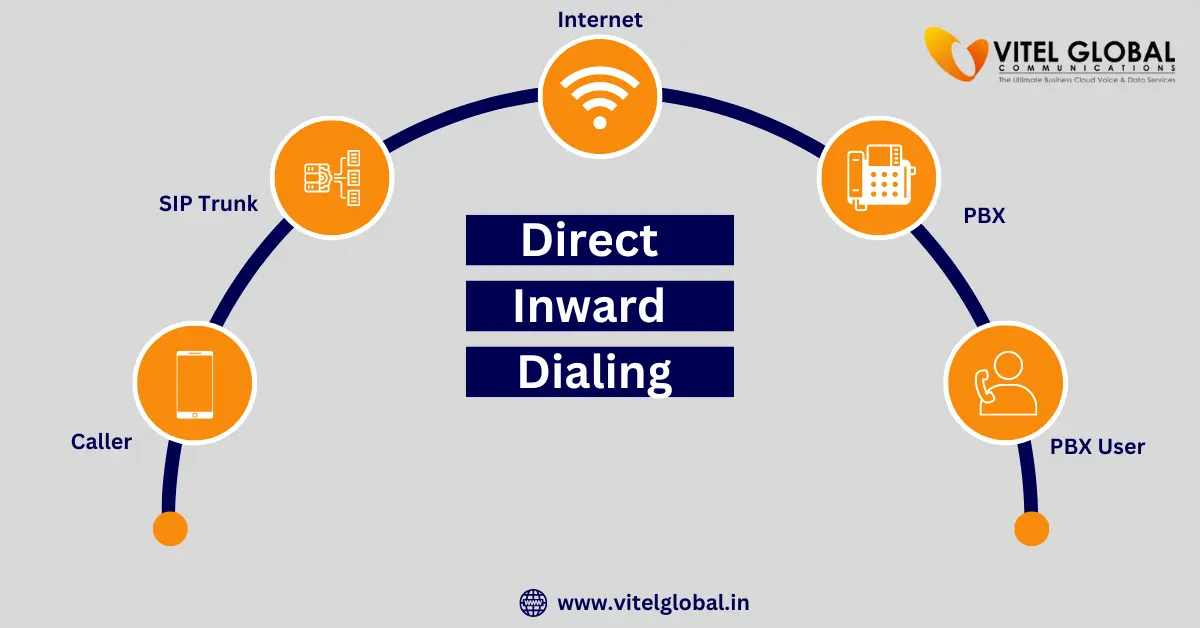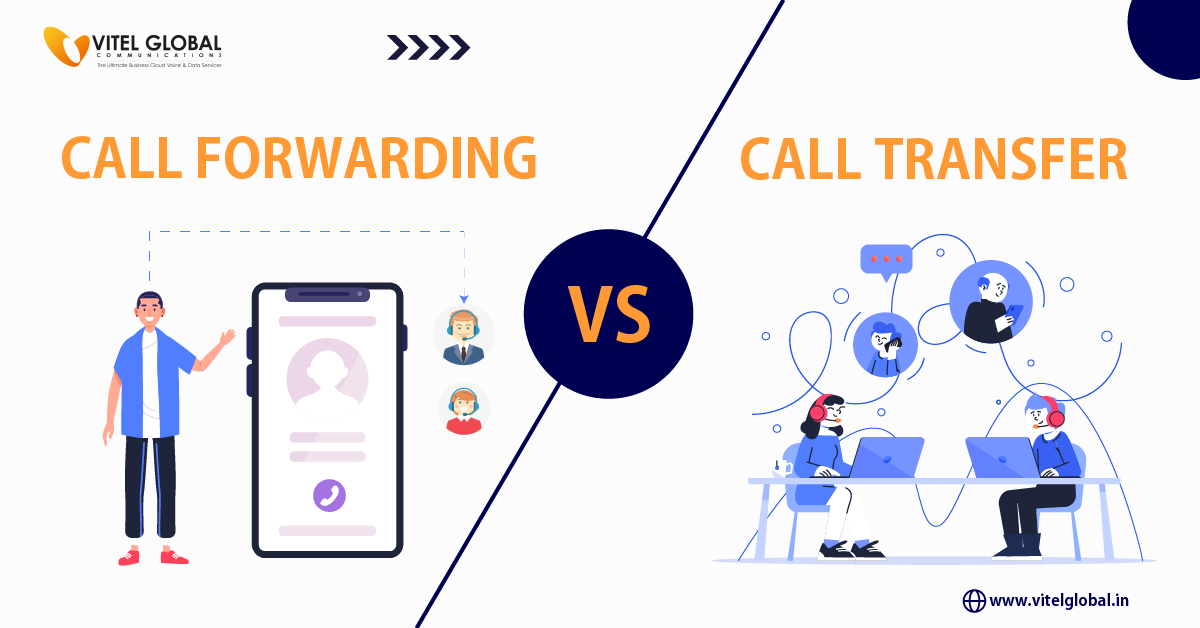Table of Contents
The era of information technology has started in the past few decades but it has taken a lead with the introduction of Cloud-based service. Customers and businesses while dealing with them now have different expectations for each other. Today, users demand a different customer experience which needs significant adjustments. Businesses do this by conducting research and development as well as sales and marketing.
On the other hand, the virtual system of the Cloud helps us to understand and respond to customer interactions with software intervention. This can elevate our customer relationships to new levels.
If you intend to transform the customer experience, marketers nowadays are upgrading themselves to embrace Cloud and implement new strategies.
Customer Engagement throughout the Lifecycle:
In this competition, one cannot stop marketing or cannot even slow down after a deal is closed. This is a cloud world!
It is crucial to understand that cloud-based services are subscription based. So, marketing must be constant and continuous while approaching the customer relationship. The cloud’s objective is to retain customers and upsell products or services. It is driven with these as the primary objectives and to create a cyclical journey with customers. As a consequence of this, it is important for cloud marketers to investigate brand-new channels for better interaction with customers.
Product-Based Offers:
Product usage data opens up a chain of channels for timely and relevant marketing to plan. It includes product promotions like upcoming customer events, user groups, and training marketers. From this user data, you can get to know if your customers aren’t using your product. So, in case you find a decline in usage, you can react to the situation and make your software application more relevant to your customers.
Deliver Productive business analytics:
Specialized analytic tools can provide detailed customer information. They enable marketing teams to comprehend the stages of purchasing decision-making. These processes are most important to value various segments.
Hence, such analytical insights can be used by marketing teams to provide individualized programming.
Be transparent in your business operations:
Cloud Service providers frequently dread and fear network downtime. It might be because of network unavailability at some locations. At the same time, this makes it seem vulnerable to hackers and unauthorized third parties accessing the data of the company.
On the other hand, customer satisfaction and future sales are undoubtedly dependent on maintaining uptime and consistently meeting deadlines. If the company faces an uptime problem, that shows the reachability issue of a firm and consequently brings goodwill and trustworthiness into the crisis.
So, this is an opportunity for a lot of cloud service providers. They must work on differentiating themselves in the market so that they can gain customers’ trust and credibility. Make a note that there are a lot of businesses that publicly disclose their status and history. Because they are committed to operational transparency in business management.
The challenges of Cloud Marketing:
As the saying goes, everything has its pros and cons. Likewise, clouds too faced certain respective challenges. The main challenge involved with the marketing of the cloud is dispelling the fear of new business disruptions. As your business operations go on and as much you rely on the cloud, you are affected by it. Hence, every user at every level of management is affected by that fear. As a result, there misses a strategic balance between control, service, and security. And this along with cost can worry executives.
The remarkable shift could eliminate the purpose of the companies and even make employees feel threatened. Unfortunately, that doesn’t even take into account business relationships with partners, vendors, and customers may be affected by the cloud model.
Security, on the other hand, is the primary concern of any business. Business owners are probably concerned about handing over their transactions and data to a third party in most cases. This is a natural human reaction when they are not in direct control of your most valuable, distinctive, and competitive assets such as the data.
Target Advertising and CX:
There is no scarcity of internet users today. There are billions worldwide using the internet. And, this scenario encouraged the need for businesses to advertise online. However, the ever-increasing level of competition proved that businesses cannot rely solely on online marketing. There is a need to provide a personalized customer experience.
This entails the adaptation of content, advertisements, and other advertising elements to meet the requirements and preferences of users. Cloud-based service enables employees to access the purchase history and online history of customers so that they can track their preferences. This is how agents can estimate upcoming trends and display products. Hence, marketing cloud platforms help deliver customized user experiences.

Automated Content Marketing:
Omni presence is a gift of cloud computing. Automation offers control over business operations. The automated process and campaigns of marketing and sales management across multiple channels are referred to as “marketing automation”.
Therefore, businesses can effectively automate chosen time-consuming sales and marketing processes. They generally even include lead qualification with cloud-based marketing automation. Through cloud marketing, automated messages can be sent via text, email, and social media platforms and this is part of a marketing automation cloud strategy.
Employee Collaboration:
Team collaboration is made possible by Unified Communications. UC enables employers to collaborate with one another from any location with the help of cloud-based platforms. This can monitor and manage business operations which is yet another advantage. Real-time collaboration and remote file sharing along with access to data are available to employees for better productivity.
Conclusion:
Let’s summarize this! Companies today use cloud computing software for the purpose of advertising. In today’s business world, cloud computing and digital marketing frequently walk hand in hand together. This is due to numerous advantages that combine marketing and cloud computing.
If you, as a business manager, must be able to track users’ purchasing and online histories. This provides unlimited storage and simple access to customer data. With such flexibility, cloud computing can facilitate collaboration to improve data security and cloud marketing. For instance, it helps deliver a personalized user experience enabling you to monitor your employees and customers. Learn more about how cloud computing and cloud-based service can help you.
Vitel Global cloud-based phone solution that is best in class and includes fully secured, cross-channel communication. It enables your agents to seamlessly shift support interactions from one channel to the next. See how it works to learn how Vitel Global can help you to choose the right communication. Why not request a free demo today?





